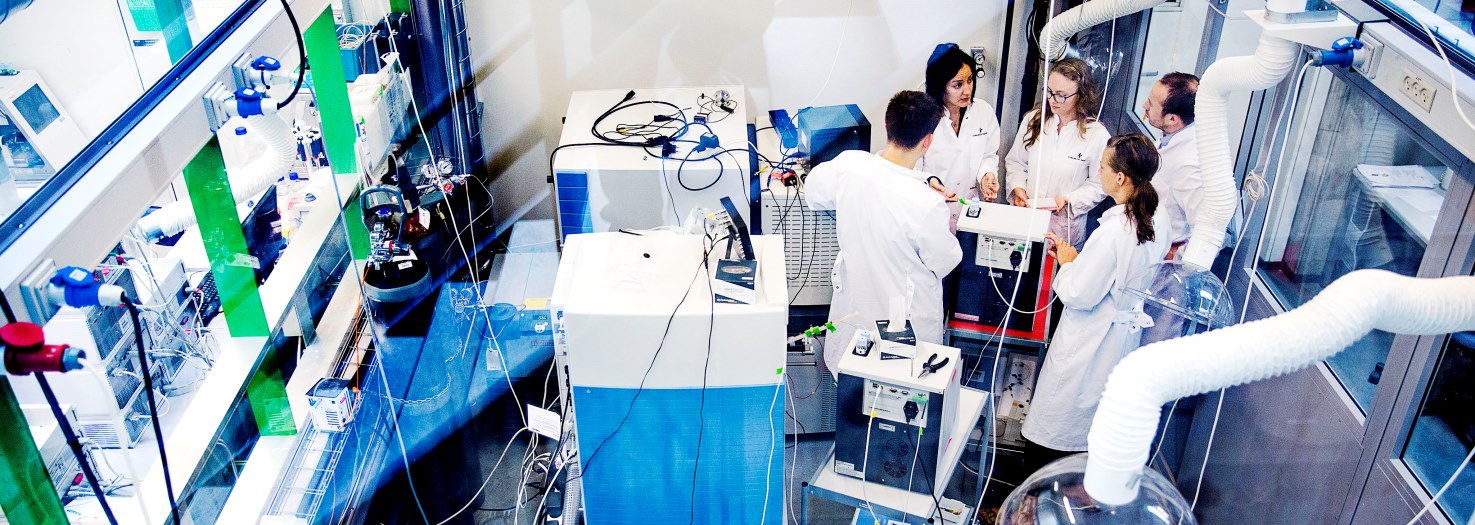
Congratulations to the first graduates of Computational Biomedicine
Five Danes, two Poles and one Greek are the first graduates who can call themselves Master of Science in Computational Biomedicine from SDU. Several of them already have jobs.
Two years ago, the first master's students started on SDU's new study programme Computational Biomedicine, which is anchored in the Faculty of Science.
As the study programme's name suggests, the focus is on combining the analysis of data with biomedical research - an area which is in great demand from hospitals, universities and businesses, according to programme manager, Professor Ole Nørregaard Jensen.
- At present, 50% of biomedical and biochemical research takes place in laboratories, and 50% in front of a computer, so there is a real need for people who have both a feel for biological experiments and can handle the large data sets the experiments provide, he says.
Interdisciplinary competences
Precisely its great focus on the interdisciplinary competences has meant that the study programme has attracted students with a background in both computer science and biomedicine. One of the first things the students encountered was an intensive course in the field they were not strong in, thus the computer science students were trained in biochemistry and vice versa.
- I think the students found it a hard start to the study programme. But we can see that they have done well since then, so their enormous effort at the beginning should be considered a good investment, believes Ole Nørregaard Jensen.
The interdisciplinary nature of the study programme is also reflected in that the eight master's students who graduate this year have had main supervisors at different departments and faculties:
- 2 at the Department of Mathematics and Computer Science
- 4 at the Department of Biochemistry and Molecular Biology
- 2 at the Faculty of Health Sciences
A clear biomedical leaning
The universities of Copenhagen and Aarhus each offer equivalent study programmes, but only at SDU does the programme have a clear biomedical leaning, is international and is in English.
This year, 10 Computational Biomedicine students will conclude their first year on the study programme (1 from the United Kingdom, 2 from Romania, 1 from Slovakia, 1 from Poland and 5 from Denmark).
At the time of writing, 12 international and Danish applicants have been offered a place in 2018, and more are on the way.